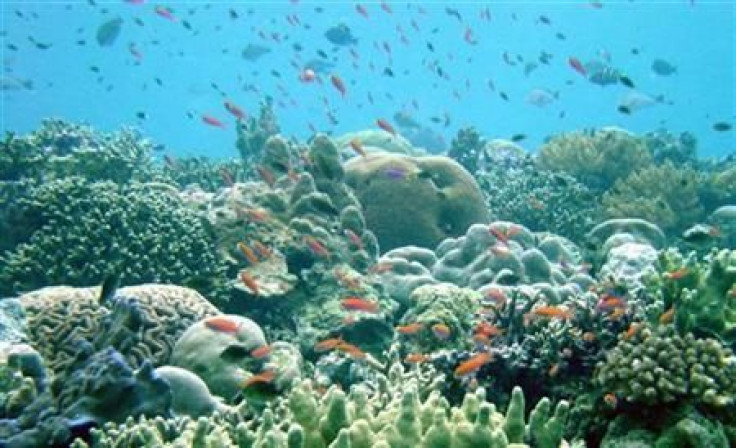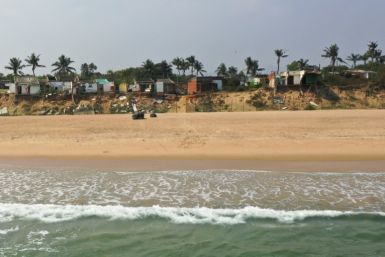Scientists find huge part of Australia’s Great Barrier Reef dead

Scientists have found that large part of Australia’s Great Barrier Reef was dead. Southerly sections around the middle of the reef are reportedly bleaching, which could indicate another die-off.
Terry P. Hughes, director of a government-funded centre for coral reef studies at James Cook University in Australia, has talked about the damages of the Great Barrier Reef. “In the north, I saw hundreds of reefs, literally two-thirds of the reefs were dying and are now dead, he revealed.
The reported damage to one of the world’s largest living structures is said to be a result of a global calamity. On a paper being published Thursday as the cover article of the journal, “Nature,” scientists agreed that the disaster is by far the most damaging and the third worldwide mass bleaching of coral reefs since 1998.
The New York Times notes that the state of the coral reefs may reflect the health of the seas. Reef scientists have warned years ago that burning fossil fuels at a runaway pace and releasing greenhouse gases can put the coral reefs at risk.
Hughes said climate change is not a future threat because it is already happening at the Great Barrier Reef for 18 years now. He led successive surveys of the Great Barrier Reef last year, which indicated that extensive patches of reef are dead and are not expected to recover soon.
The professor confessed that he and his students burst into tears as they were looking at the maps of the damage. The team’s aerial surveys found that that 67 percent of the corals had died in a long stretch north of Port Douglas.
Hughes has been awarded several awards, such as the Centenary Medal of Australia and the Silver Jubilee Award for Excellence of the Australian Marine Science Association in 2004. His research focuses on linkages between coral reef ecosystems.
Meanwhile, a study from the Australian government found that last year brought “the highest sea surface temperatures across the Great Barrier Reef on record.” It seeks to prevent the local threat with the issuance of the Reef 2050 plan which restricts dredging and agricultural runoff, as well as port development, among other threats.
Imogen Zethoven, campaign director for the Australian Marine Conservation Society, recognised that Australia is the largest coal exporter in the world. “The last thing we should be doing to our greatest national asset is making the situation worse,” he said.






